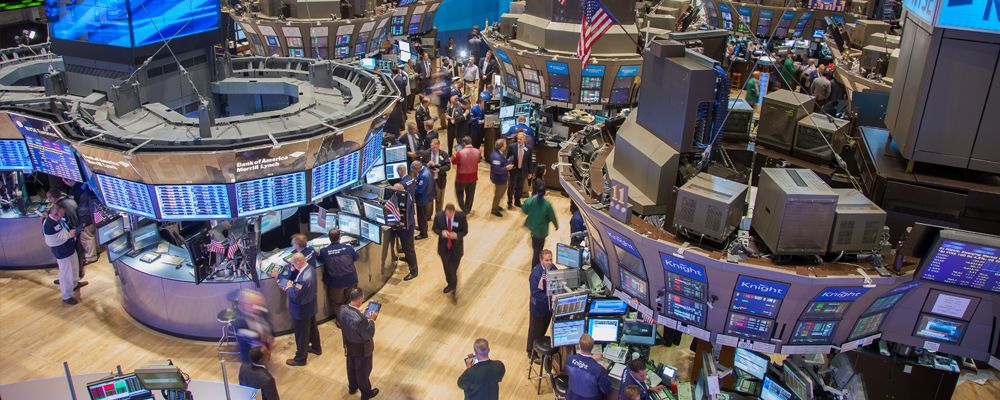Red October
- Thursday, November 15, 2018
 The falls in equity markets in October were savage with all major markets falling deeply in the red. This was particularly true of the US technology sector. One factor that has emerged from these sell offs is the price that investors are willing to pay for future earnings has fallen.
The falls in equity markets in October were savage with all major markets falling deeply in the red. This was particularly true of the US technology sector. One factor that has emerged from these sell offs is the price that investors are willing to pay for future earnings has fallen.
This factor is also true of the bond market as lenders sought higher rates of return on US treasury bonds in order to lend to the government. This factor lies in part to the strength of the US economy, raising US interest rates and the expectation of growing inflation. The success of the US economy is now causing stresses elsewhere.
Unemployment in America is now below the level almost every independent assessment of full employment and wage growth has returned after falling back through the summer.
The US administration has made a number of important policy decisions. Firstly, to inject a large fiscal stimulus into the US economy in the form of tax cuts and spending. This has turbo charged US GDP growth now running at 3.5% year on year at the end of Q3 beating market expectations but has also produced a large structural budget deficit. This overheating of the economy is creating pressure to increase interest rates to rein in inflation growth. Secondly, the escalation trade dispute and introduction on punitive import tariffs on Chinese goods aimed at levelling the trade imbalance and bringing the Chinese to the negotiating table. The outcome is that more expensive imports adds to inflation.
These moves have meant that the Federal Reserve, given its inflationary control mandate has given forward guidance of another four interest rate rises before the end of 2019. Stock markets were not expecting rate rises for so long and bond markets asked for higher yields to cover the interest rate rises and inflation. We hope that the expected four rate rises are now all priced in and that that there will be no more wobbles when rates rise.
Investors will see the rise in risk premium as something to be concerned over. Global economic growth looks to have slowed from the summer onwards but fundamentals like low interest rates, high employment and low inflation all remain relatively intact. The IMF is predicting 3.9% global GDP growth in 2018 and 3.7% in 2019 but in its October Financial Stability Report warns of the dangers of being complacent about the chances of an economic shock to the system. These shocks coming in the form of the end of ‘easy money’ as central banks withdraw their quantitative easing programmes and start to return to higher interest rates as well as the increase in range and tension over import tariffs between China and US. The IMF fear this could lead to sharp falls in markets and global growth may not last. The falls in October certainly reinforced this point.

Chris Davies
Chartered Financial AdviserChris is a Chartered Independent Financial Adviser and leads the investment team.
About Estate Capital
Financial Services
Our Contacts
7 Uplands Crescent,
Swansea, South Wales,
SA2 0PA.
Tel: 01792 477763
